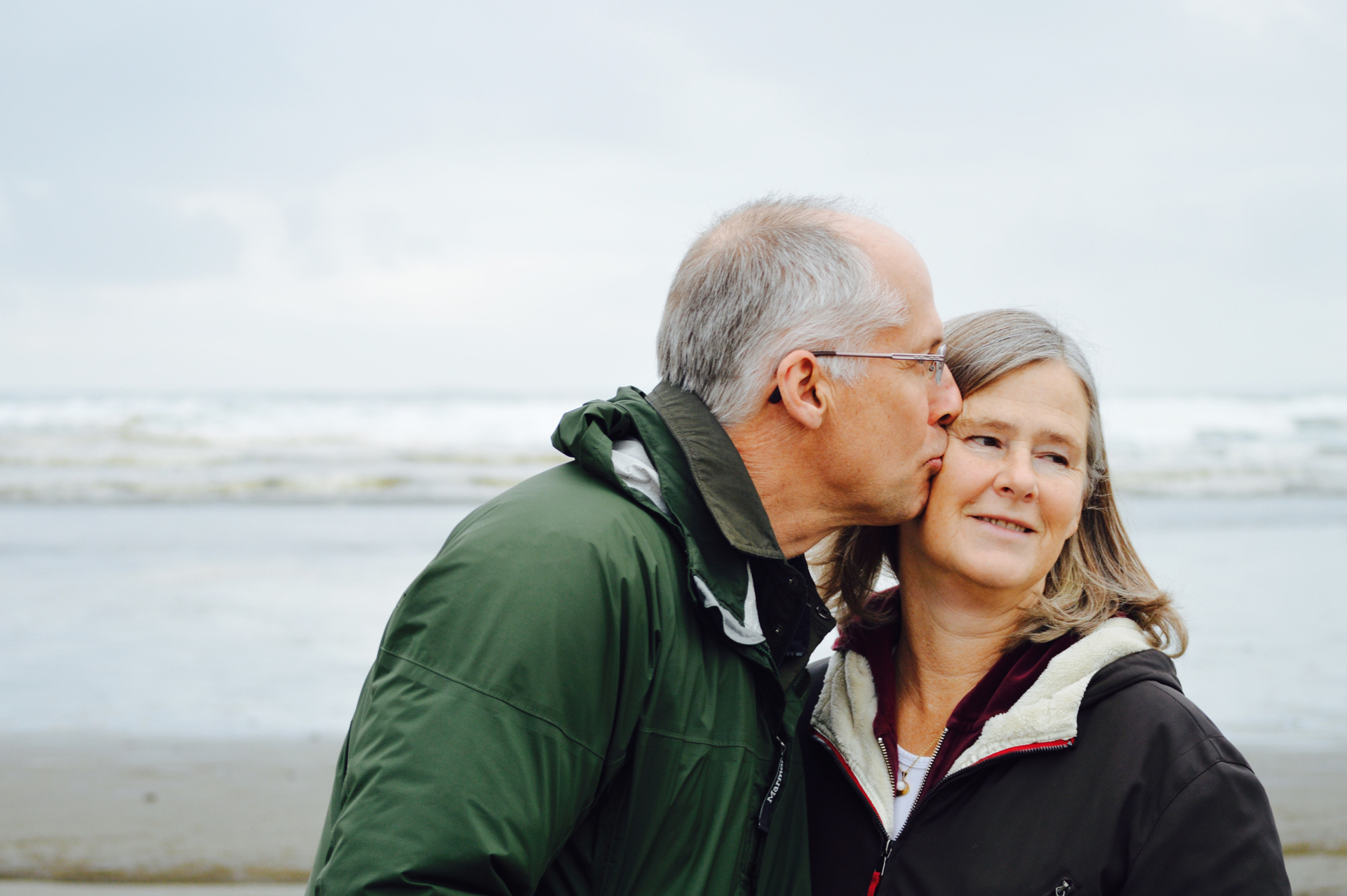Safety Tips for the Elderly in Wintery Weather


Advice for Cold Weather
With cold, snow and ice prevalent, the winter months present some of the most dangerous weather conditions for older people. The cost of heating, driving, keeping warm, isolation, slips and falls all pose significant challenges and risks when the wintery weather calls.
Here are 10 tips to keep you and your loved ones safe during the bitter winter months.
Get Vaccinated With the Flu Shot
Up to 90% of seasonal flu-related deaths happen to people who are 65 and older. Winter is the most common time for the flu to hit. One of the most effective ways for older adults to protect themselves from the flu and its complications, like pneumonia, is to get an updated vaccine before each flu season, as recommended by your doctor.
Don’t Drive During Snowy or Icy Conditions
Despite our best intentions, our reflexes, and processing speed decline as we age. When it’s snowing it’s harder for us to keep our focus while driving. When it’s icy, it’s harder for older people to react and regain control when their car slips on icy roads. Ask friends and families to help out with lifts or shopping and try not to drive in very wintry conditions.
Have Your Driveway Cleared
An icy driveway or pavement outside your house is a big risk of falling. Have someone clear it for you when it snows and keep some salt around to clear it from any residual snow or ice.
Take Vitamin D and Calcium Supplements
With shorter days and most of them spent indoors or covered up in layers of clothing, our bodies don’t get enough sunlight to produce the Vitamin D necessary to absorb enough calcium for bone strength. Brittle bones increase the odds that otherwise minor falls turn into major catastrophes resulting in fractured bones and hips. Take supplements as recommended by your GP.
Make Sure You Check Up on Your Loved Ones
During bad weather, some elderly people will avoid going out. Check up on them to make sure they have everything they need including food, medications and of course heat and hot water. Stop in and visit to make sure they’re doing ok, aren’t feeling isolated or depressed and are setting the heating properly.
Schedule Deliveries to Avoid the Cold
If you or your loved one would prefer not to go out in wintery weather, schedule deliveries of your groceries, prescription medications, and pharmacy items. Maybe order in a dinner or two!
Making Sure Electric Heaters are Being Used Safely
Many fires start in the winter months because of electric heaters. If you’re going to use one, make sure it’s not next to any drapes, clothing, bedding or wires that can melt or catch fire. Set reminders to turn them off and ensure a clear area of 3 feet around a space heater to ensure safety.
Keep a Flashlight Handy and Avoid Candles
Extreme cold tends to increase the frequency of power cuts. Make sure you have several flashlights in easily accessible areas such as your nightstand, kitchen counter, or coffee table. Avoid candles at all costs! Open flames are dangerous and carrying them around with limited visibility is an even greater risk.
Stay Connected
In the event of an emergency, make sure you have the ability to call for help, even if the power goes out. In this day and age, where many households are cost-cutting, this is especially important. You can do this by ensuring your cell phone is changed or the landline is working.
Dress Warmly When You Go Outside
With lower blood circulation, the elderly are particularly susceptible to hypothermia in cold weather. Make sure you’re wearing a hat that covers your ears, insulated gloves, a warm jacket and a scarf to protect your neck and face from the cold. In colder weather, you may be forced to wait for the bus or taxi a little longer. Be prepared.
With winter comes extreme cold, ice, and sometimes snow. Preparation can avoid many of winter’s biggest risks. Get your boiler, fireplace or wood stove checked in the Autumn, keep your driveway clear, buy proper winter clothing, and eat well and you’ll be able to enjoy the wonders of winter without worry.



